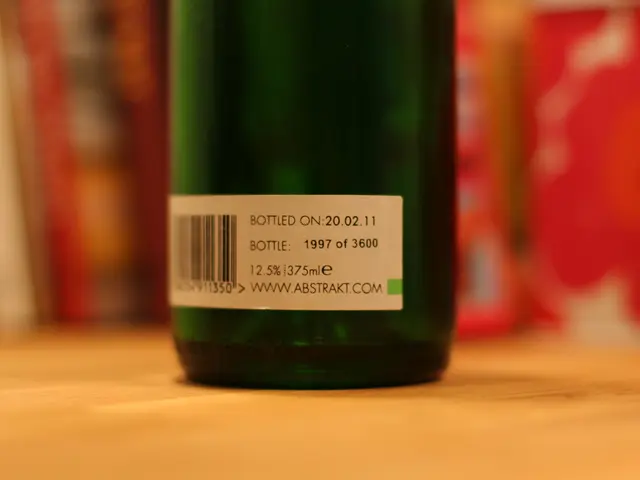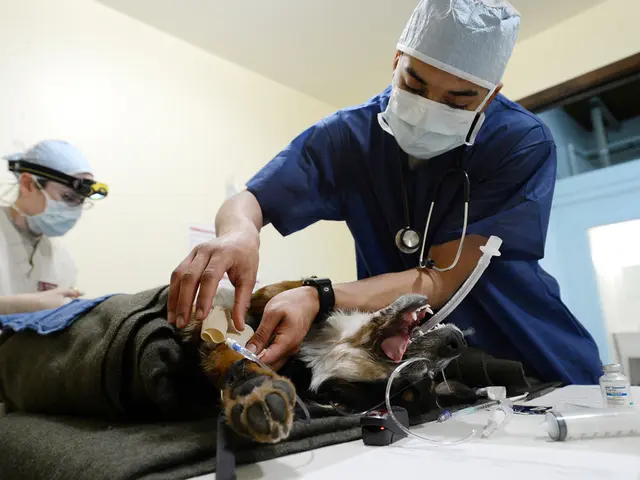Examining coffee consumption: Potential role in reducing colorectal cancer incidences?
Dive into the controversial connection between your daily cup of joe and colorectal and bowel cancer. The link remains somewhat debated, with recent research offering conflicting conclusions.
In a study published in the International Journal of Cancer, researchers found that consuming four cups of coffee daily was associated with a reduced risk of colorectal cancer recurrence by 32%. However, other studies, such as a large Swedish study involving 61,000 women, show no significant association between coffee consumption and the risk of colorectal cancer.
Coffee's role in cancer could revolve around several factors:
- Oxidative stress reduction: Coffee's antioxidant properties might combat oxidative stress, a process implicated in cancer development.
- Gut bacteria aid: Coffee might promote beneficial gut bacteria, boosting the immune system's defense against cancer.
- Tumor inhibition: Coffee components could impede tumor growth.
- Protection against nonalcoholic fatty liver disease: By guarding against this condition, coffee may indirectly reduce cancer risk.
Other studies hint at a lower overall colorectal cancer risk in coffee drinkers compared to nondrinkers. However, the relationship between caffeinated and decaffeinated coffee is less clear. While caffeinated coffee may be linked to an increased risk of rectal cancer, there's no such association with colon cancer, suggesting a difference in how the body processes each type of coffee.
Preventing colorectal or bowel cancer might not depend solely on your coffee intake. Physical activity, a nutritious diet, and avoidance of tobacco and alcohol use are essential factors in maintaining a low cancer risk.
Looking for guidance on coffee's role in disease prevention? Keep the following insights in mind:
- Recent research suggests that moderate coffee consumption is unlikely to significantly impact colorectal cancer risk.
- Some studies point to compounds in coffee offering potential cancer-fighting benefits, though this is not definitive for colorectal cancer.
- Both caffeinated and decaffeinated coffee may contain compounds that lessen cancer risk, implying that caffeine isn't the sole factor at play.
- In the study published in the International Journal of Cancer, it was found that consuming four cups of coffee daily was associated with a reduced risk of colorectal cancer recurrence by 32%.
- Coffee's antioxidant properties, as mentioned in the study, might combat oxidative stress, a process implicated in cancer development.
- Other research hints at a lower overall colorectal cancer risk in coffee drinkers compared to non-drinkers, though the relationship between caffeinated and decaffeinated coffee is less clear.
- Preventing colorectal or bowel cancer might not depend solely on coffee intake; physical activity, a nutritious diet, and avoidance of tobacco and alcohol use are essential factors in maintaining a low cancer risk.
- Some studies suggest that compounds in coffee offer potential cancer-fighting benefits, though this is not definitive for colorectal cancer, and both caffeinated and decaffeinated coffee may contain compounds that lessen cancer risk, implying that caffeine isn't the sole factor at play in oncology and cancer science.






